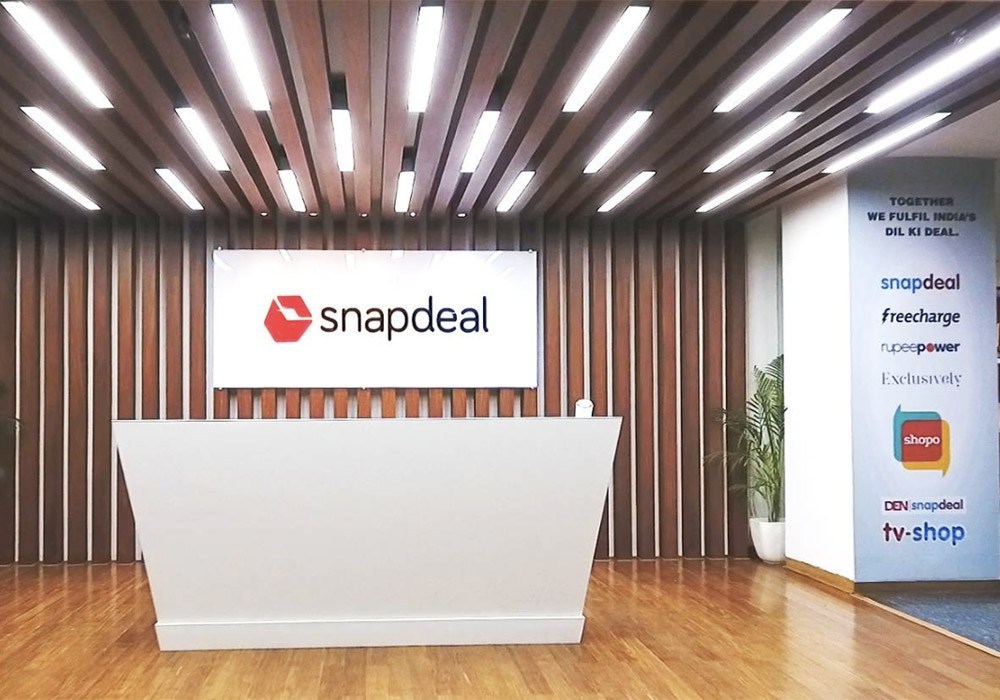Resurgent ecommerce platform Snapdeal has secured undisclosed amount of funding from Anand Piramal, executive director of Primal Group. Anand Piramal also happens to be the son in law of India’s richest man Mukesh Ambani. Primal has invested in the Gurgaon based company in personal capacity and this marks his first major investment in a startup.

Piramal attributed Snapdeal’s success to “sharp execution in bringing great selection to the mass market segment in Tier 2-3 cities and leveraging the growing internet penetration in these geographies.”
“Since 2017, Snapdeal’s revenues have grown rapidly with profitable unit economics. With hundreds of millions of first time ecommerce buyers yet to transact, Snapdeal is well poised to grow in the future,” he further added.
A cursory glance on Snapdeal’s recent numbers will quite easily justify Piramal’s optimism. Snapdeal demonstrated robust topline and bottomline performance in FY 2018-19. The company’s revenue posted sharp increase of 73% to grow to Rs 925.3 crore and loss contracted by 71% to Rs 186 crore. In the same financial period, the traffic on Snapdeal’s official website increased double fold to 70 million unique monthly users.
Snapdeal’s Redemption journey
In 2017, most critics had literally started writing Snapdeal’s obituary after its much publicized merger talks with Flipkart collapsed in a dramatic way. The failure of the merger talks marked a low point for the embattled Gurgaon based company, which at one time was an unicorn and a proud poster boy of the Indian e-commerce industry.
The unexpected downturn in company’s fortune resulted in massive layoffs, cut down in operational costs and sale of its several subsidiary companies like Vulcan Express, Unicommerce and Freecharge. But these tough times also allowed co-founders Kunal Bahl and Rohit Bhansal to do things bit differently and without the pressures of any large investors.
Bahl and Bhansal decided to shift their e-commerce focus from big urban cities to semi urban and smaller towns of India. Both co-founders believed that their company’s turnaround will be scripted in Tier 2-3 cities, mostly because Flipkart and Amazon were nowhere near breaching this terrain. The resultant vacuum steadily became a breeding ground for Snapdeal’s unexpected resurgence.
Today Snapdeal’s nearly 80% customers come from Tier 2-3 cities and plans to further encash the region for fueling future growth.

